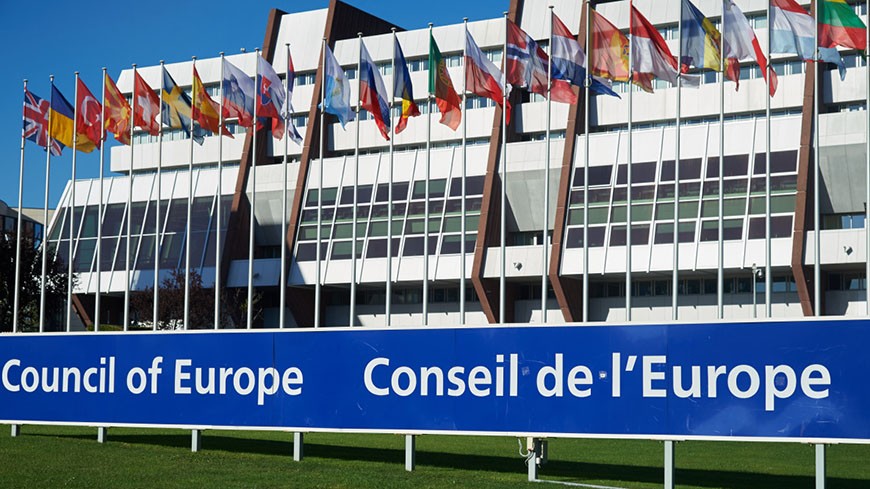On 21 September 2022, the European Commission against Racism and Intolerance (ECRI) published a report on France, calling on the French authorities, among other things, to examine, in co-operation with associations working on the ground, the specific measures to be taken to ensure that the dismantling of migrant camps is strictly supervised in practice and does not infringe fundamental rights or lead to a deterioration in the living conditions of those concerned, regardless of the legality of their situation. More effective measures are also needed to combat racist speech in politics. All political parties should adopt a relevant code of conduct. In addition, reception and support services should also be set up to ensure that measures to digitise procedures effectively facilitate access to rights for legal migrants. ECRI also recommends that the authorities step up their efforts to ensure that arrangements for assessments and for identifying and taking appropriate support measures are effectively applied nationwide before any clearance of illegal settlements, including those of Roma or Travellers, and that the resources available are increased accordingly and that no legitimate residence applications are rejected. Regarding law enforcement, ECRI recommended introducing an effective system of recording ”stop and account” as part of a policy for strengthening mutual trust between them and the public and their contribution to preventing and combating all forms of discrimination. In addition, they should ensure appropriate actions in all cases involving racist or LGBTI-phobic remarks and behaviour by law enforcement officials.
On 22 September 2022, in a new report, ECRI reiterated the positive steps in Greece since the previous reporting in 2014. Namely, Greece’s National Action Plan against Racism and Intolerance adopted in 2020 has contributed to improving the fight against discrimination and racism. In addition, Greece’s Migration and Social Integration Code now enables third-country nationals to apply for residence permits if they prove they have a presence in the country for seven consecutive years (and that they have developed “strong links” within Greek society). However, despite the progress in certain areas, ECRI finds that frequent hate speech – at times involving politicians and even state officials – targets migrants and members of LGBTI communities and Roma. Furthermore, the report raises concerns over the ability of NGOs in Greece to assist migrants, which was put at risk by a 2020 Ministerial Decision introducing stricter registration and operation rules for NGOs active in international protection, migration and relocation, or the social integration of migrants.
On 20 September 2022, ECRI assessed implementation of its priority recommendations by Austria, Belgium and Switzerland.
Regarding Austria, ECRI had recommended that the authorities place an increased emphasis on the institutional and structural independence of the future Federal Agency for Care and Support (BBU) and ensure free legal aid and advice to asylum seekers by a fully independent structure. In the conclusions, ECRI welcomed the action taken to strengthen the independence of BBU, but the responsibility for ensuring effective independence relies too heavily on the persons in charge of legal aid as well as on the leadership in the Agency and the federal government. Adopting legislation or by-laws at the federal level could provide further legal safeguards to consolidate the BBU and sustainably secure independent legal aid. ECRI strongly encouraged the authorities to take due account of the recommendations made by the Quality Advisory Board. In view of these considerations, ECRI concluded that the recommendation had been partially implemented.
In its report on Belgium, ECRI had recommended that the authorities suppress the requirement for service providers to report suspected irregularly present migrants on Belgian territory. This recommendation applied in particular to providers in labour protection and justice. The aim is to prevent any obstacles to the effective enjoyment of migrant workers, irrespective of their residence status, their right to recover back pay owed by their employers and full access to complaints mechanisms. However, ECRI concluded that the Belgian authorities had not implemented this recommendation.
Regarding Switzerland, ECRI had recommended granting a regular residence status to persons who cannot be returned to their country of origin after a maximum period of six years. However, ECRI concluded that this priority recommendation had been implemented.
These conclusions are based on government responses and information gathered from other sources.



